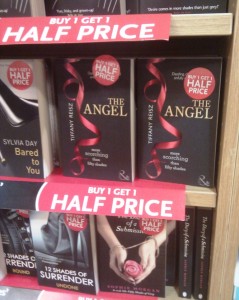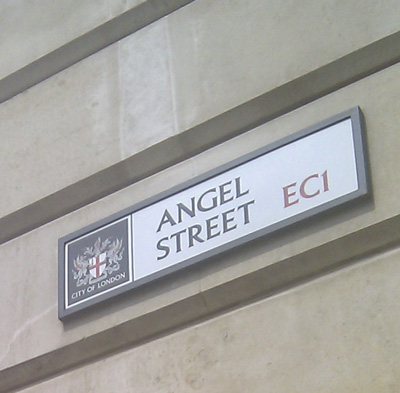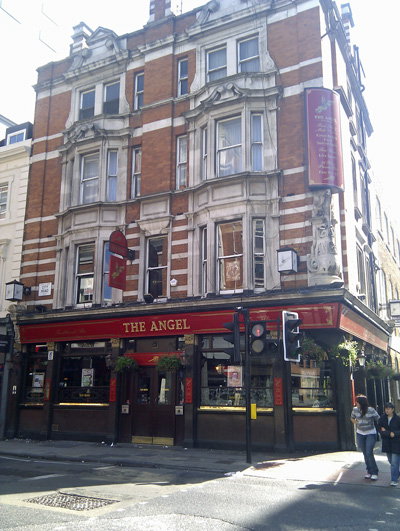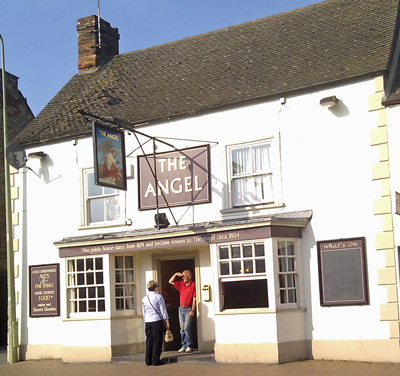Well, I did it. This week I received an email from Manchester Metropolitan University giving me the excellent news that my dissertation had made the grade — i.e. the draft of the novel I submitted in early October (see previous posts) had been through the double marking process from two lecturers not involved in its supervision and had been awarded what I consider a rather damned good grade.
I also received a commentary from the markers on what they saw as the strengths and weaknesses of the novel. This was very illuminating and far more thought-provoking than just receiving a raw mark.
While I’m not officially an MA in Creative Writing yet — we have to wait for some external moderation and the ratification to the examinations committee — I now know that I’ve completed and passed all the modules required for the formalities to be completed in the summer.
As mentioned above, I was very happy — and very relieved — with my mark but I’m not going to go into detail about it on the blog. Apart from anything else, I’m not convinced that creative writing can be marked with the same exactitude as other academic subjects — I’d suggest its subjective nature may account for a wider margin of error than many other courses.
I’ll share a few selected excerpts from the feedback I was given, although this will be in true blurb writers’ style. The comments that I received were a snappily entertaining read in themselves, although verging on the sort of writerly self-consciousness that was in danger of parodying the creative writing tutor who wants to keep dazzling the students by example.
Naturally the feedback mentioned a few points about the novel that the examiners thought could be improved (after all there are very few perfect novels) but, fortunately, I was already aware that a few areas needed work when the deadline loomed, especially when I had to switch out of structural edit mode and into proof editing (which seems to have worked OK as there were no comments on presentation, etc.).
The feedback had a pretty accurate distillation of the novel’s premise: ‘The Angel is, at its core, a love story, and it is the suspense and tension of the illicit desire (and friendship) between City trader and would-be chef James and edgy Hoxton artist Kim that animates the novel.’ (Strictly speaking, Kim doesn’t live or work in Hoxton but it’s a generic shorthand for the areas she does move around in at the start of the novel.)
There are approving comments about some of the novel’s satirical targets: ‘a place of trashy TV, PowerPoint presentations for jargon-benumbed corporate drones…and vacuous materialism.’ The markers seemed to enjoy that ‘the City and the moronic lexicon of corporate Human Resources come in for a well-deserved kicking’ but they also appreciate that the novel needs to balance its satire with humanity and point out that authenticity ‘is to be found in the two principal protagonists’ with the novel having ‘an edgy affection for James and Kim’. It concludes that it is ‘a rather engaging love story’.
What’s most complimentary about the feedback is that the examiners see the characters as real, three-dimensional people with whom readers can empathise — to the point of being teased by ‘erotic tension’ as the characters pursue their attraction with each other.
Being told that I’ve created characters who engage with each other so vividly that and the reader feels their sexual attraction is a compliment worth more than anything connected with more overt or showy literary techniques or pyrotechnics. It’s this identification that keeps people reading and makes them care about what happens next. It’s almost magical and I’m not sure that MA courses can teach this innate skill — nor to be able to precisely analyse how the process works — but it’s good that the two anonymous but undoubtedly well-read and highly qualified writers have said that this works in my novel.
So I’ll take the comments and appropriate changes to the manuscript where necessary but overall, it’s time for a celebratory drink. It’s a shame I can’t walk into The Angel and buy a round for Anne, Kerry and Claire whom I know have also passed their dissertation and will become fellow MA graduates in the summer. A virtual raised glass will have to suffice. Here’s to more occasions to toast for our class of 2013.





